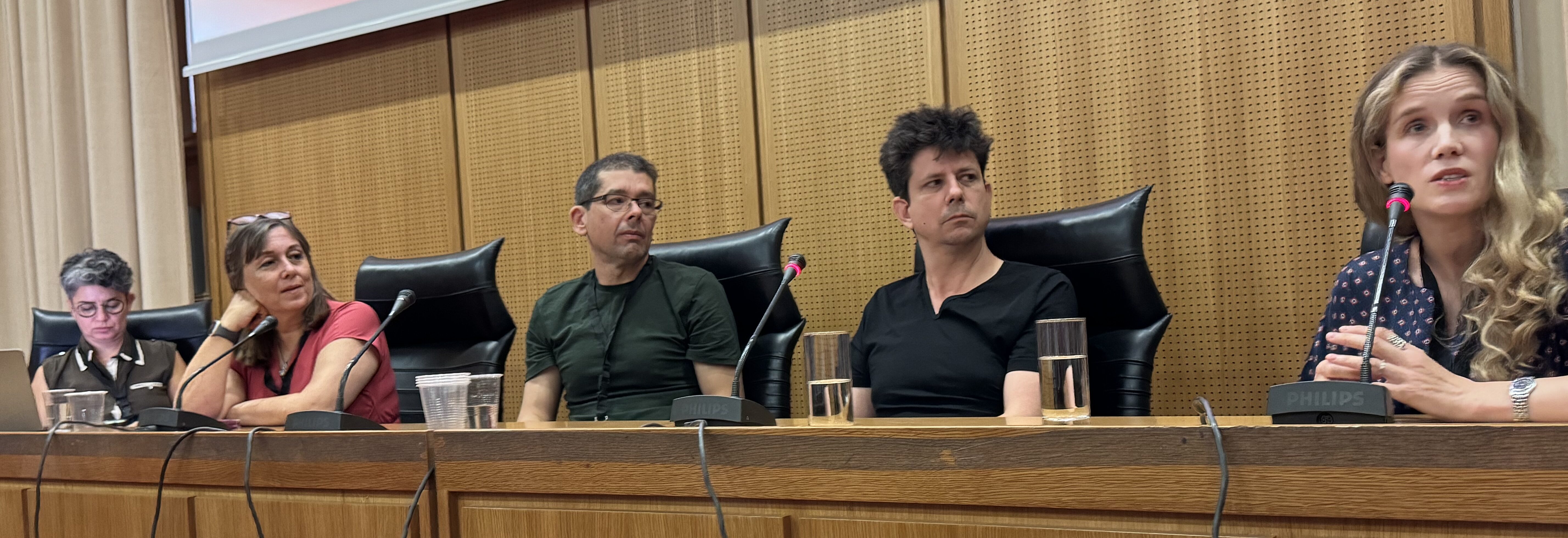
How can AI help with subscription propensity models, dynamic pricing and churn-prevention? Examples from Hearst, Mediahuis and more.
On November 7 and 8, two intense days of conferences were held in Nice, as part of the European IQ Media project. Dedicated to innovation in the media, these days brought together renowned professionals from all over Europe to debate and exchange views on the current and future challenges facing the media industry. Among them, Marion Wyss (The Audiencers) led the workshop : How can AI help with subscription propensity models, dynamic pricing and churn-prevention? Examples from Hearst, Mediahuis and more.
Read the summary here.
See our videos to learn more about those two amazing days, just here.
In the world of artificial intelligence, AI is often painted as an all-knowing, self-sustaining technology that will solve our most complex problems. But as Marion Wyss points out, AI is indeed a powerful tool, but one that requires skilled human intervention to be effective. To fully grasp AI’s capabilities and limitations concerning digital strategy, she suggests focusing on three fundamental points: the necessity of human involvement, the critical role of data, and the importance of starting with foundational tasks.
💡 1. “Start with Simple Things”
Marion Wyss recommends beginning with simple, manual audience engagement methods, such as targeted and dynamic paywalls, to gather initial data and understand user behavior. This allows for a solid foundation of insights before bringing in AI. When the number of segments becomes too large to manage manually, AI can then be introduced to process it efficiently, uncovering patterns and automating responses. By starting small, organizations can ensure that AI is used effectively, building on well-understood, relevant data from the start.
💻 2. “No Data, No AI”
Marion Wyss also underscores the indispensable role of data in making AI functional. Without data, AI systems cannot “learn” or operate effectively. People may assume that AI will automatically generate insights and predictions, but this assumption ignores a fundamental reality: AI algorithms are entirely dependent on the data they are given. Marion Wyss insists that the task of collecting, curating, and maintaining data remains the responsibility of humans.
👍 3. “AI is Just a Tool That Needs to Be Worked by Humans”
According to Marion Wyss, the idea that AI can function autonomously, replacing human labor entirely, is misguided. AI’s potential is certainly impressive, but it remains a tool rather than a self-sufficient solution. Wyss stresses that the strength of AI lies in how it is directed and handled by humans. AI can process data at speeds and scales that humans cannot match, but it lacks the intuition, creativity, and contextual understanding that people bring to complex situations. As a result, AI must be guided by skilled professionals who understand how to interpret its outputs and apply them effectively. This approach ensures that AI serves as an assistant, not a replacement, allowing organizations to harness its power in a meaningful way.
DUNVEL RAMALINGUM (In partnership with the IUT de Cannes, school of journalism)
Marion Wyss, a digital publishing expert since 2006, has worked with major French publications, including ELLE, L’Obs, and Challenges as Chief Digital Officer. In 2018, she co-founded Poool, a platform supporting reader revenue strategies. In 2022, she launched The Audiencers, a B2B media and community to help publishers engage, convert, and retain audiences. Marion also lectures on reader revenue in journalism schools in France and Switzerland.

